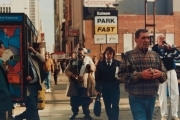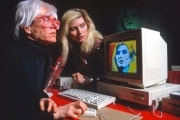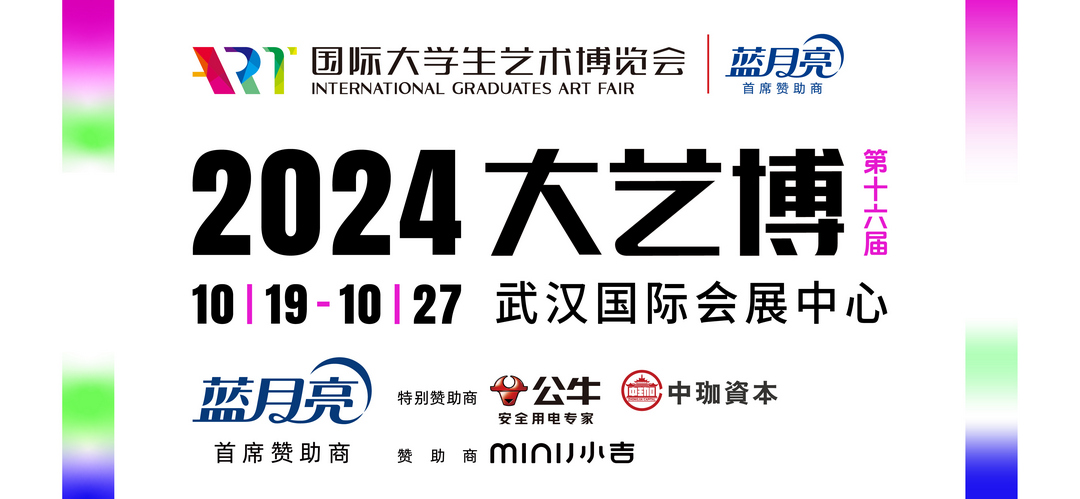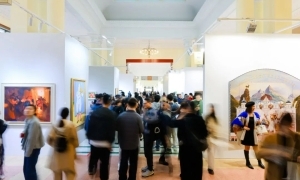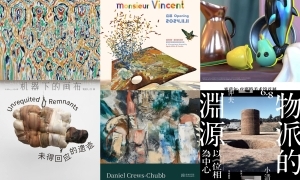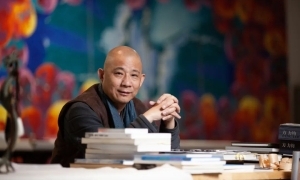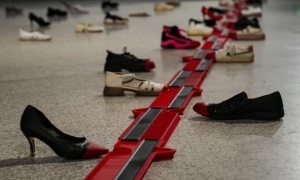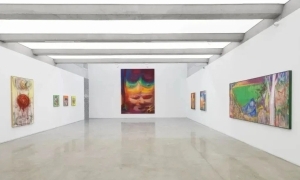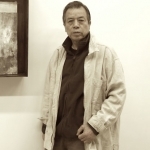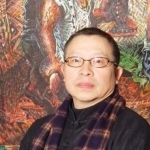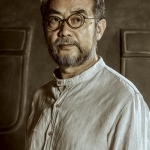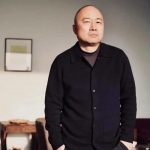开幕时间:2008年11月22日15:00
展览时间:2008年11月22日至12月
展览地点:北京朝阳区酒仙桥路4号798工厂内大山子艺术区百年印象摄影画廊
Opening time: Nov 22 3:00pm ,2008
Exhibition time: Nov 22 ,2008 –Dec, 2008
Add:No4,Jiu xianqiao road,Chao Yang district, BeiJing.
DIRECTION: 798 PHOTO GALLERY
传统的一切都痛苦地消失了
——晓川的影像近作
文/王春辰
什么是中国?什么是中国的现代化?同时,中国的当代影像又如何去捕捉这一切细腻的情感变化呢?晓川最近的一批影像作品即折射了这一问题。艺术既是个人经验的表达,也是个人观念的视觉述说,也可以说是艺术家面对世界的产物。今天的艺术如何有意义,不外乎这几点。中国的当前现实变化之大,史无前例,一个有心的艺术家如果不对此作出反应,恐怕会失去许多作为有意义的艺术家的价值。
就此而言,在中国现场中的艺术家就应当超越历史的局限和个人情趣的沉迷,就应当超越短暂的形式把玩。中国今天太需要有力量的艺术家出现,而不是沉湎在麻木的为形式而形式的小格调上。艺术家要不要情感?其艺术要不要视觉的现实力量?问题看似老生常谈,实际上并不是许多人能做到的,因为此,就分别出了当下的艺术家的差异和意义。那些创造意义的,自然要往前走一步,而艺术批评的声音和敏感度,就是要注意这些纷乱中的艺术表达和追求。
晓川并不是那种张扬的艺术家,但内心经常沉浸在自我的思索中,常常为探索妥贴的视觉书写而焦虑。晓川喜欢诗意一样的视觉表达,但又不希望落入奢侈的抒情画面,而是追求一种穿透视觉形式、能抵达视觉内涵的形象。为此,他寻找着他的图像语言,创造着他的视觉王国,最终的目标是落实到我们这个变化多端的世界上,从超越视觉表象的空间抓取瞬间的历史痕迹和社会语义。晓川的新作很凄美地创造了一个超现实的世界图景,这就像是星光滑过天空,突然照亮了被黑暗掩蔽的大地一角,透露了中国社会裂变过程中那被拿走的一切。当代中国是一种结构性变化与结构性失重的社会,许多我们曾经拥有的生活经验和文化认知都消失了,我们在不知不觉中已经被重新塑造,但是我们仍然不能抹平内心的楚痛:过去的一切不再拥有,新的仍在变动之中,无根的感觉成为普遍的心理征候。这里已经不是“田园将芜胡不归”的召唤,那毕竟可以退隐;这也不是“日暮乡关何处是”的感喟,那毕竟是故乡的情感记忆;这里更不是“诗意地栖居在大地上”的浪漫和幻想,真以为现实无比幸福。晓川的图像营造显现了一种失衡的心理表征:中国曾经的文化优雅已经痛苦地消失了,微弱的文化脉搏像一场遗梦,骷髅不过是种种残余的印记而已。
这样的视觉隐喻恰恰突出了当代影像的特征:可以自觉地将视觉图像作为艺术观念表达的手段,而不是作为被动接受的现实。影像视觉可以穿越我们的心理世界,赋予图像一种直接性的思考维度。同时,晓川的作品也说明了影像可以“忧郁”起来,如悲歌一般。
All the Tradition Already Disappeared Painfully- Recent Photographs of Lu Xiaochuan
Wang Chunchen
What is China? What is China's modernization? At the same time, how does contemporary art of China capture the changes of all the delicate feelings? A group of photographic works of Lu Xiaochuan have reflected the problems recently. Art is not only the expression of personal experience, but also the descriptive vision of personal concept. Furthermore, it is the product of an artist observing and exploring the world. There is nothing but these points for today’s meaningful art. It is unprecedented that China's reality is changed dramatically. If the artists can not respond to it, I am afraid that they will lose many things as a valuable artist.
In this regard, China’s artists should go beyond the limitations of history and personal taste of indulgence, and transcend the short-term form for fun. Today’s China requires many more creative artists, but not mediocre artists indulging in the style for form for form’s sake. Do Artists need emotion? Does the art need the realistic visual power? The problem appears to be a platitude in fact, but not many artists can answer it. Therefore, there appear the difference of the current artists and the diversity of the meaning. Those who create meaning, of course, should take further step forward, and those art critics should be sensitive to it, whose voice should focus on the pursuit of artistic expression in chaos.
Lu Xiaochuan does not have an ostentatious character as an artist, but he is always immersed in the heart of self-reflection, and often feels anxious about how to explore the visual language. He likes such visual expression as poetry, but does not wish to fall into the luxury of lyrical pictures. However, he tries to produce the images with the visual connotation through the pursuit of a clairvoyance form. So, he searches for his image of the language, creates his kingdom of vision, and catches instant historical traces and social meaning in space beyond the visual appearance, in order to achieve an ultimate aim of recording our changing world. He creates a surreal beautiful picture of the world in his latest pictures that reveals all taken away in the process of fission of Chinese society, which seems that a falling star fries over the sky, and suddenly light up a corner of the dark world. Contemporary China’s society is a society of structural change and structural weightlessness loss of society, in which lot of life experiences and cultural awareness we had had have disappeared. We have been unconsciously re-created, but we still can not cure the pain in heart: a sense of rootlessness has become the general psychological symptoms, since the past no longer exists and all the new changes are still pregnant. There is no " why not return back when farmland has been deserted" calls, for it can retire after all; there is no sigh of "Where is my hometown when the dusk is coming down" too, for that is, after all, the fond memory of hometown; there is still further no romance and fantasy of "dwelling on the land at ease", thinking that the real life is perfect. His images appear to create a mental representation of the imbalance: Elegant Chinese culture has disappeared painfully, the weak pulse of the culture seems to be as a dream, and the skeleton is the various residual marks on it.
This is precisely the visual metaphor that highlights the characteristics of the contemporary photographic art: you can consciously see visual images as a means of artistic expression of ideas, rather than as a passive acceptance of reality. Visual images can pass through our psychological world, and give the images a direct dimension of thinking. Meanwhile, his works also shows that the image can take on the colors of "depression" like elegies.
On August 7, 2008, CAFA, Beijing
【编辑:霍春常】





